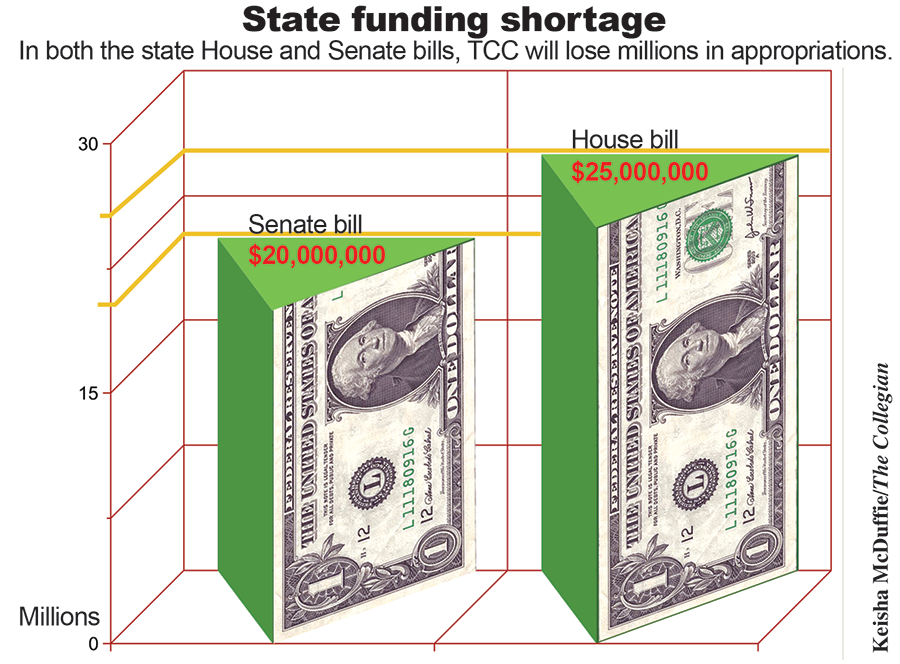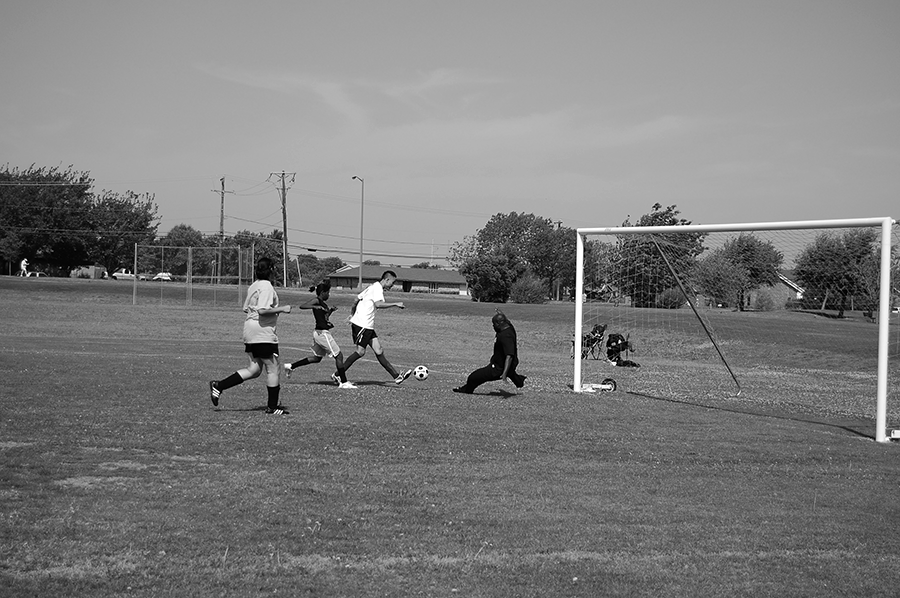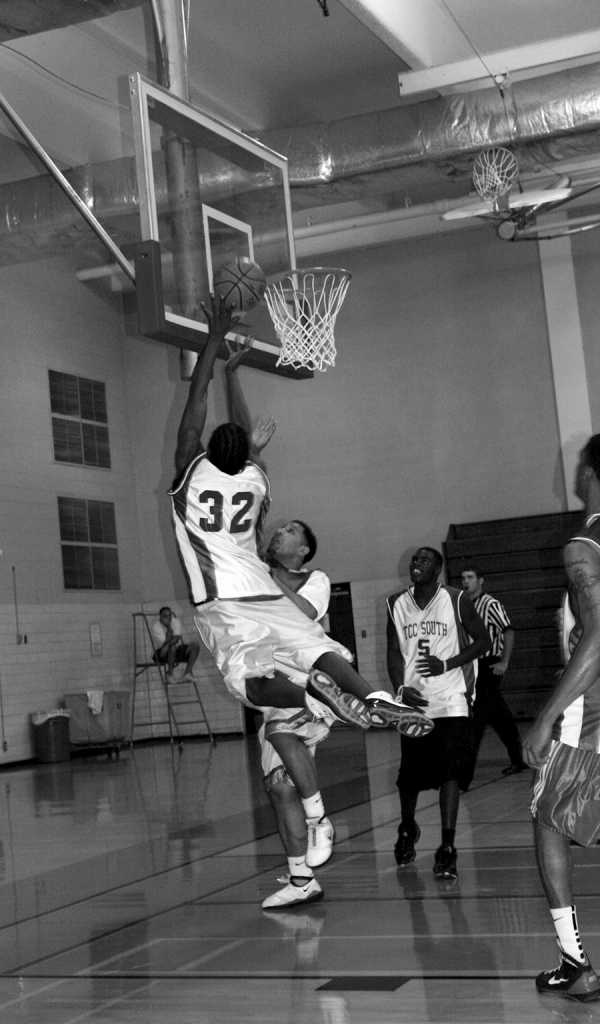By Mary-Kate Woodruff/reporter
Julia Webster, now 29, dropped out of high school at 15. Although she recently completed her GED, she was a bit apprehensive about starting college.

Casey Holder/The Collegian
Now, she is working toward a degree in criminal justice, which she hopes will lead to a career as a parole officer. She credits ACCESS, a new learning community on NE Campus, for helping her acclimate to college life.
“It helps people like me who are just entering college, not knowing what to expect,” she said. “ACCESS has helped me build a college foundation and taught me to build relationships with professors.”
Other first-time college students, like Webster, can find academic support through ACCESS, which stands for Access to College Courses for Every Student’s Success, on NE Campus, or PAVE on South.
Students are placed in learning communities and attend the same four courses as a group. The goal is to provide an environment that fosters relationships among students to help combat the fear and uncertainty during the freshman year. Entering students who have unsatisfactory scores on two or more Accuplacer tests upon admission to the college are eligible for the program.
Dr. Antonio Howell, ACCESS coordinator and NE dean of humanities, said students in the program have a sense of urgency and are academically focused.
“The objective is to allow students the opportunity to pass developmental courses and as quickly as possible,” he said.
Courtney Ford is working toward an associate degree in dental hygiene and chose ACCESS so she could attend classes with the same people. She said the program has helped her learn how to study, made her aware of what is expected in class and taught her how to communicate with older people.
“I do more homework and studying and less social activities at night,” she said.
ACCESS English associate professor Angela Pettit believes first-year students in learning groups perform better academically than similar students in regular classes because they build friendships and form groups for study as well as accountability.
“ACCESS provides the opportunity for students to learn, collaborate and encourage one another through the challenges of first-year college,” Pettit said.
Now in the program’s second semester, 107 students are currently enrolled, including 38 new students and 69 returning from the fall.
Seventy-nine percent of students enrolled in the inaugural fall semester have continued through the spring semester.
First-semester students enroll in pre-algebra, Student Success, Reading Techniques I and Writing Techniques I. Second-semester students take Psychology of Adjustment, Reading Techniques II, Writing Techniques II and English Composition.
Students must abide by a strict attendance policy and are required to attend at least four seminars that cover various college life topics.
ACCESS student Season Farmer admits she was skeptical about attending a seminar but said she picked up some useful tips from the Money Matters session.
“They emphasized the importance of saving money, creating an emergency fund and immediately giving your money a specific purpose, like rent,” she said.
Howell got the idea for ACCESS after observing former SE counselor Penny Matthes lead the Sure Start program on SE. The South Campus had already established PAVE through the same grant from the Texas Higher Education Coordinating Board that funds ACCESS.
“We decided to join forces with the South Campus,” Howell said.
The program also offers tutoring, academic advising and counseling.
“The ACCESS program is a great academic support system for TCC students,” Pettit said.
NE reading instructor Karen Harrel is also supportive.
“I think the program is a great success so far,” she said. “The students like the concept, and we are meeting our goals in many aspects.”
As with any new program, students do not think ACCESS is perfect. Ford said some professors are too lenient, and Farmer said better organization is needed. Both students, however, are glad to be in the program and plan to continue in the fall semester.
“It helps to know you are a part of something,” Farmer said.
Although she does not need a lot of attention, Farmer likes knowing that ACCESS professors and staff are there to help.
“When I have a problem I ask myself, ‘Who do I know in ACCESS that can help?’” she said.




























